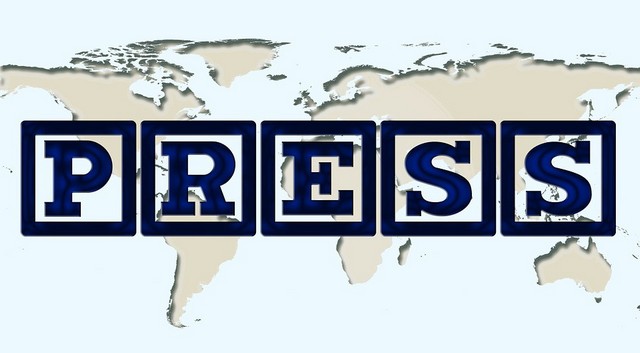Néhány évtized múlva magyar fejlesztésű űrszonda is a Marsra juthat

Néhány évtized múlva magyar fejlesztésű űrszonda is eljuthat a Marsra, a fiatal mérnököknek pedig már most sem kell külföldre menniük, ha érdekes csillagászati kutatásokhoz akarnak csatlakozni – mondta az MTA Csillagászati és Földtudományi Kutatóközpont (CSFK) tudományos főmunkatársa az M1 aktuális csatorna vasárnap esti műsorában.
Kereszturi Ákos fontosnak nevezte, hogy minél több lehetőséget kapjanak az űrkutatásban a magyar szakemberek. Tavaly óta, az Európai Űrügynökséghez (European Space Agency, ESA) csatlakozva erősödött Magyarország közreműködése a nemzetközi űrprojektekben, így a magyar mérnökök munkája kiterjed többek között a távközlésre, a földfigyelésre és az ExoMars programra is – tette hozzá.
Utóbbi – mint fogalmazott – a Mars kutatásával segíthet megismerni a Föld történetének azt a korszakát, amikor az élet megjelenhetett.
Kereszturi Ákos kifejtette, hogy a Marson lehetett víz, de a bolygó már régóta száraz.
A kutatók ezért nem az élet jeleit, hanem az életfeltételek nyomait keresik rajta – hangsúlyozta.







